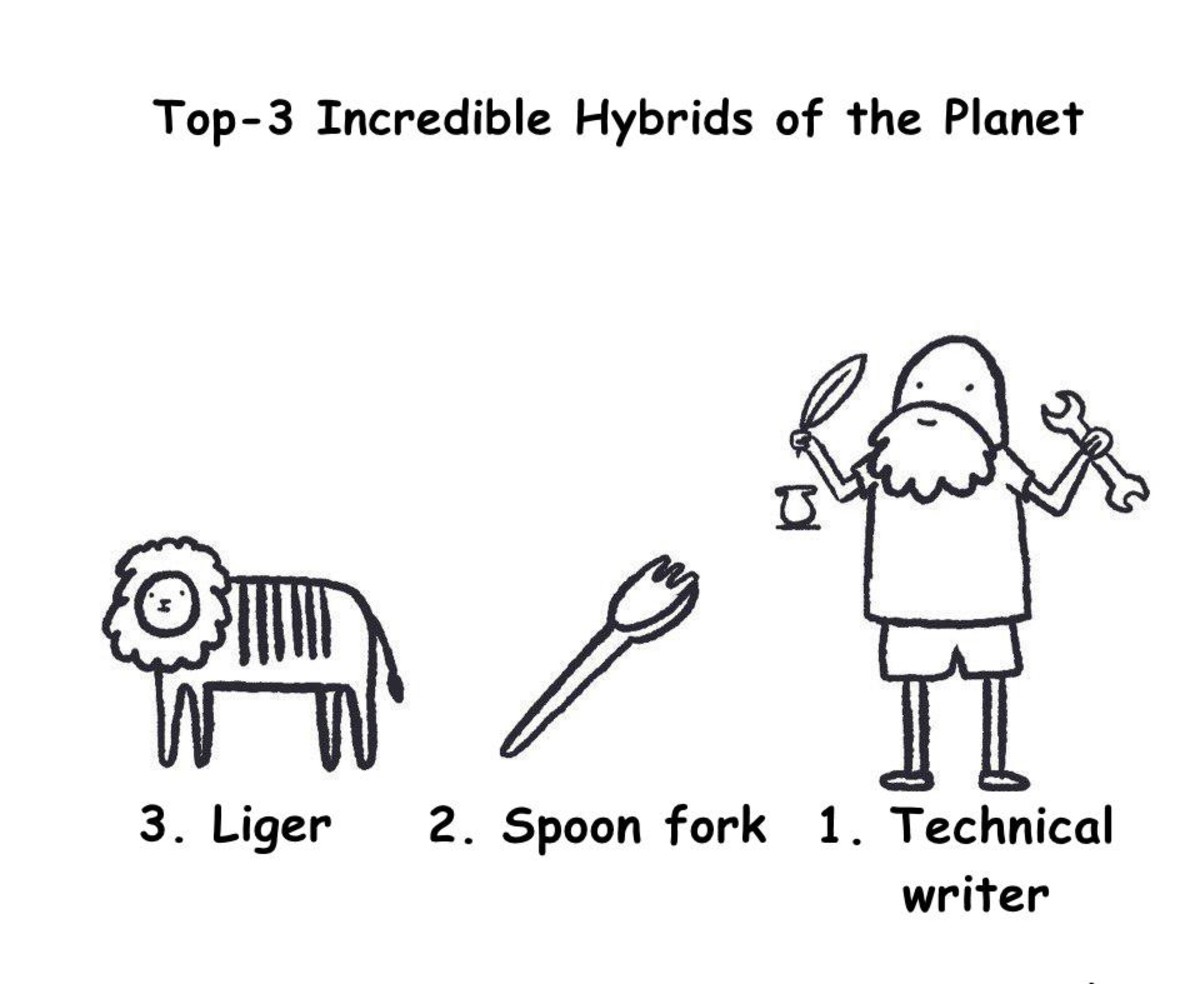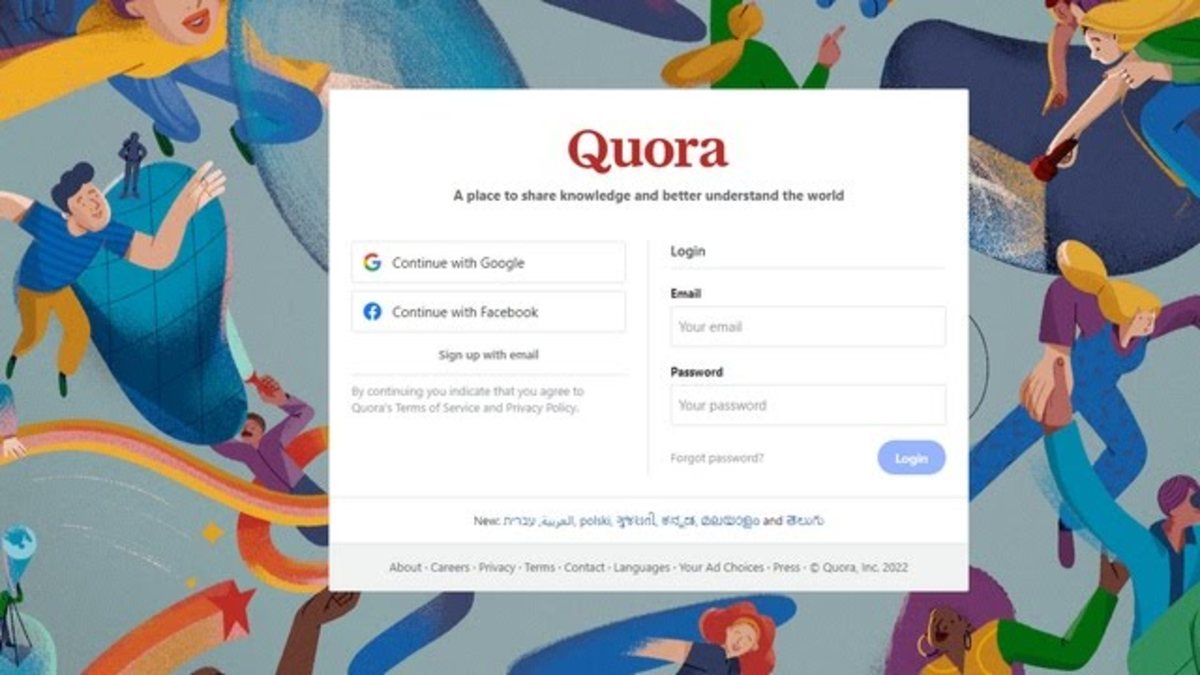Technical Writers Can Make an Excellent Salary Writing Full-time
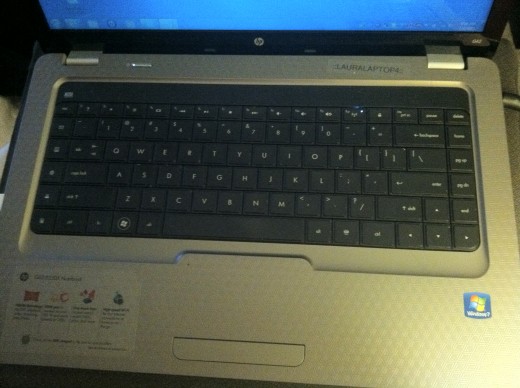
What do you mean by "Technical Writer"?
Real technical writers don't just decide one day to sit down and become a technical writer. They generally are not former secretaries, assistants, or other types of professions, though some are former engineers. Most tech writers have at least one bachelor's or master's degree in a highly technical field such as engineering, physics, math, statistics, computer science, civil engineering, architecture, or another technical degree with minors or additional degrees in technical writing and training in editing and drafting.
A bachelor's degree or higher in a technical field is absolutely key if you want to quickly be a high-end technical writer and earn salaries of $50,000-$100,000+. Experience also helps just as it does in any field, but if you're right out of school what do you do? If there's no other way to get experience (including volunteering and internships), take an existing manual from a product around your house, edit it in red ink, then set it aside and re-write it completely, taking your own photos and drawing your own pictures (does it need a table of contents? glossary? index? list of references?). This is the type of thing you will most often be asked to do as a professional technical writer: starting from scratch, document a product/service/in-house procedure.
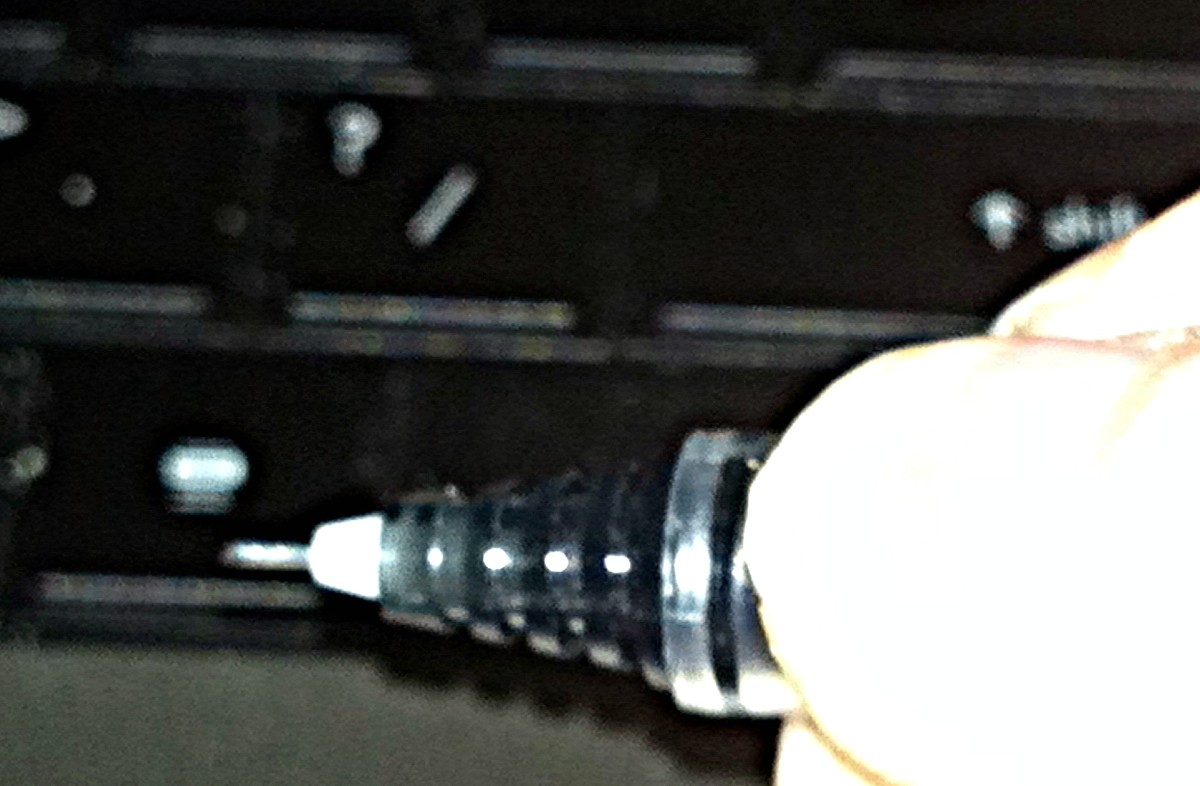
What is so different about technical writing compared with other forms of writing?
For starters, the old adage, "Write what you know" is out the window: you are not the subject-matter expert (SME) for the topic you are writing about, and in fact may know little to nothing at all about it. Instead, the subject-matter expert is an engineer, scientist, executive, or other knowledgeable person(s) from whom you gather information, digest it into what you want the audience of your work to read given what you know about their needs. SME's generally have a desire to promote their work in great detail, or simply to talk about it in great detail because they worked very hard on it and want a sounding-board for their efforts. You need to balance the SME's words/advice with the real audience's need to quickly get the information they need to know to do their job using your document, no more and no less.
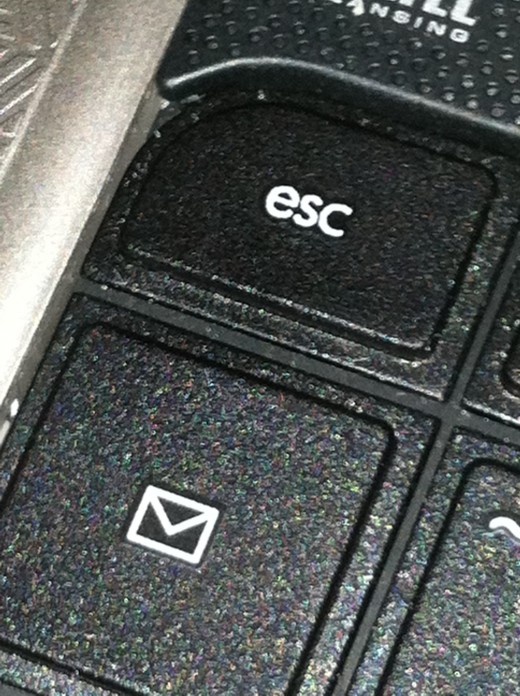
Technical writing is about a whole lot more than just "writing"
Highly technical writers need to know a lot more than "just" how to write. They need to be user-advocates by translating what the subject-matter experts know into what the user needs to know and then express that information in a way that the user can best yet quickly understand it. Being a user advocate means speaking up in meetings to keep product designs from getting too complicated for the intended audience (user-base). It may mean drawing a diagram or plotting a graph or taking a photograph. It may mean preparing a quick-reference card or quick startup card to accompany a large user's guide. One challenging thing the technical writer needs to do is to curb the exuberance of the subject-matter-expert(s), as we discussed above, who want to describe details that won't matter to the user or might actually confuse them. That's a sticky situation, to be sure, because you need the respect of the subject-matter expert(s) to get the information your users DO want. Also, subject-matter-experts may have a low opinion of documentation or technical writing in general, thinking we ARE glorified secretaries available at their whim and uneducated in technical fields, so bridges must be made to the SMEs to get them to open the windows into their world and give you some of their valuable time to provide their knowledge to you for the benefit of the user. Upon the initial introduction or working experience with the SME, the tech writer typically covers what they know and don't know.
Usually technical writing involves many activities that aren't strictly "writing": doing usability studies, site visits (visit where an actual user works and see how they use your work to do theirs), editing and proofreading, designing and writing online help systems and user interfaces, diagramming, drafting (on the computer), writing content for translation (global English), giving training classes, and more.
Becoming a Technical Writer
Had you ever heard of technical writing before reading this article?
For more information...
- How to Write Effective Computer Instructions
To write better computer "how to" instructions or procedures, first put yourself in the user's shoes. Use the simple "given-new" formula to guide your readers safely and quickly through each process. - Multipublishing in Corporate Communications
"Multipublishing" means publishing the same information in more than one place in a set of communication pieces. Multipublishing is very expensive to develop, maintain, update, and obsolete. - How to Write Effective Computer Instructions
To write better computer - Write a Strong Copyright Notice to Protect Your Work
Copyright notice: three or four things you need to put on documents, software, presentations, and anything else you publish, whether for yourself or an employer. Learn how to write a copyright notice. - Eliminate the Idea of Writer's Block: Just Write!
Ways of motivating yourself to write when you love writing but can't get started. First, eliminate the words/concept of - Spelling Checker and Grammar Checker Software Has a ...
Computer spelling/spell checkers and grammar checkers are useful, to a point. Take advantage of your computer's abilities to help you write better, but follow-up with human editing for best results. - Improving Your Writing Skills ASAP: A How-to
A quick, cheap, and relatively painless way to improve your writing: read Strunk and White's
About the Author
Information about the author, a list of her complete works on HubPages, and a means of contacting her are available over on Laura Schneider's profile page.
© 2012 Laura Schneider


